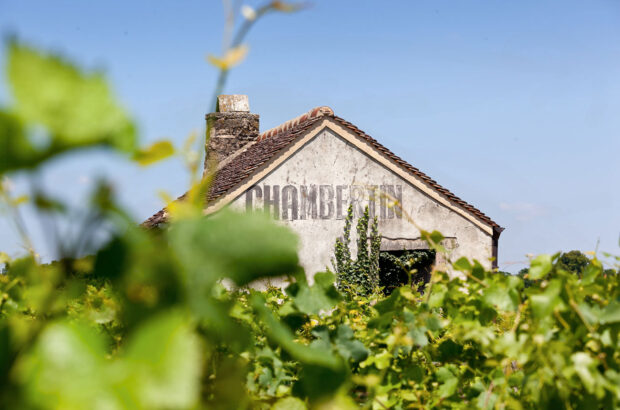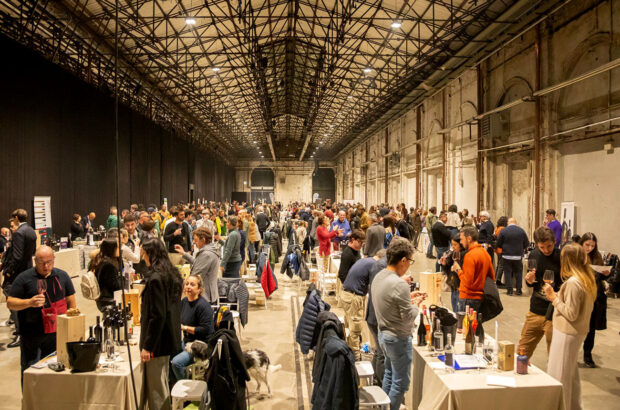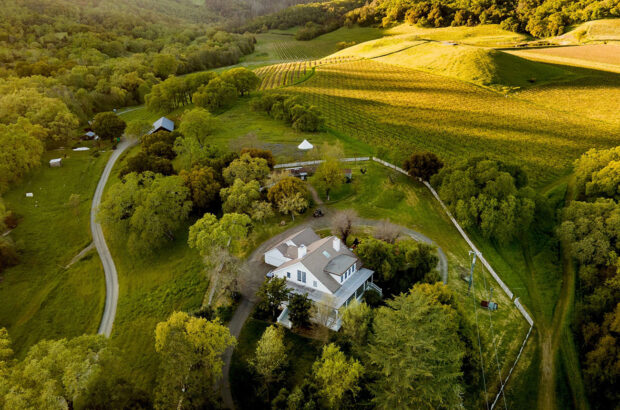Winemakers in Priorat are pressuring Catalonia’s government to do more to replenish the Siurana river, claiming its absence has damaged local ecosystems.
Handmade signs dot roadsides in Priorat wine county stating in Catalan, ‘We want the Siurana River alive.’
The Siurana River snakes across Priorat until it reaches a diversion near the village of Poboleda. From this point on the riverbed is dry, because water is piped to the neighboring Baix Camp and stored in the Riudecanyes Resevoir.
It is another example of water politics affecting the wine world.
Frustration and increasingly hot vintages have fired up a group of Priorat winemakers to create a new association comprised of members from affected villages.
‘From the 1980s onwards, the river has been dry for the vast majority of the year,’ said Jordi Aixalà, the group’s spokesperson who is also winemaker at his Aixalà Alcait winery and the former mayor of Torroja.
‘This lack of water has heavily increased the overall humidity in Priorat and has been detrimental to curb the rising temperatures in the region overall as we’re lacking this natural climactic regulation.’
In February 2014, Spanish politician Raül Romeva raised concerns over ecological damage in the European Parliament. The European Commission replied that Spain’s government approved a plan to ensure the Ebro river basin district – where Siurana is located – would achieve ‘good’ status under the EU Water Framework Directive by 2015.
Some have cited cost as a reason why Siurana water was still being heavily diverted to the reservoir as of last month. It is believed water from the reservoir costs 0.16 euros per litre, but water from the Ebro river, an alternative source should the reservoir be drained, is thought to cost 0.25 euros on average.
The European Commission said in March 2014 that it found no evidence that the EU’s Water Framework Directive had been breached in the case.
(Editing by Chris Mercer)







